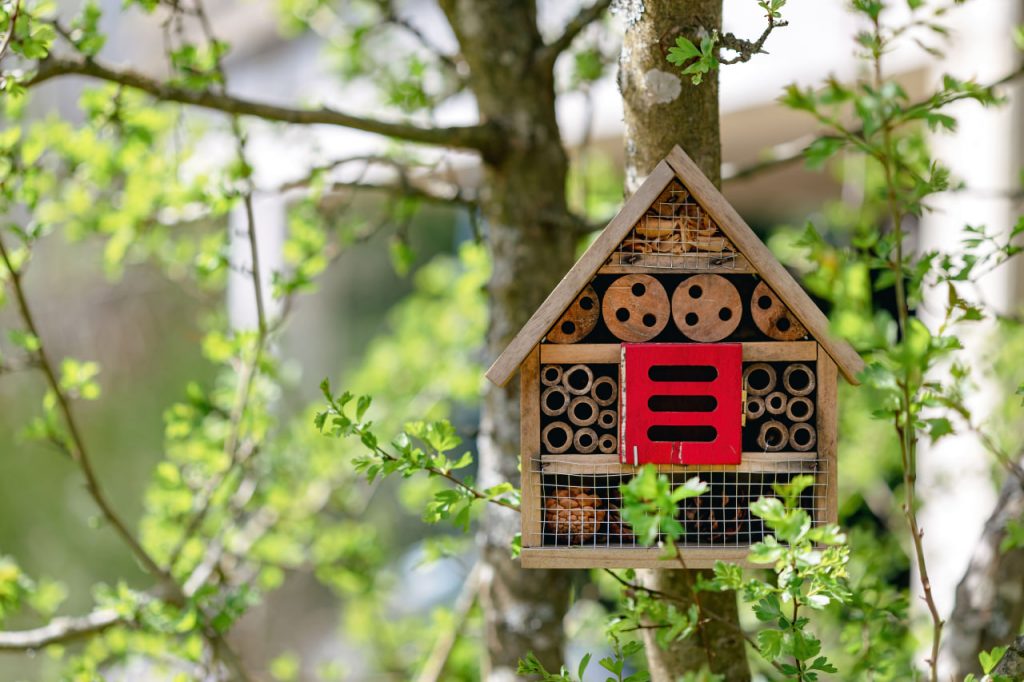When people think of bees, they often envision honeybees buzzing around large hives. However, solitary bees play an equally crucial role in pollination, particularly in smaller spaces like urban gardens. Understanding the benefits of attracting solitary bees to your garden can help you create a thriving, pollinator-friendly environment.
Diverse Pollination
Solitary bees are incredibly efficient pollinators. Unlike honeybees, which typically focus on a single plant species at a time, solitary bees are more diverse in their pollination habits. They pollinate a wide variety of plants, helping to fertilize flowers and fruits in gardens and orchards. This makes them especially important for growing diverse crops and flowers.
Solitary Bees Are Better for Your Garden
Solitary bees are non-aggressive and don’t live in large colonies, which makes them a safer option for gardens with children and pets. They’re also less likely to swarm, and they won’t disturb you while you’re working in the garden. With their specialized habits and excellent foraging skills, solitary bees can increase your garden’s productivity without the worry of stinging incidents.
Pollination on a Local Scale
Solitary bees tend to stay within a relatively small area, meaning they focus their pollination efforts locally. This helps your garden receive the attention it needs, especially when it comes to plants that rely on pollinators for growth and reproduction. By attracting solitary bees, you’re boosting the biodiversity of your garden and supporting a healthy, balanced ecosystem.
By creating a welcoming environment for solitary bees, such as setting up a bee hotel, you’re helping maintain local biodiversity and supporting essential pollination. These tiny pollinators can have a big impact on the health and productivity of your garden, leading to bountiful harvests and beautiful blooms all year round.

